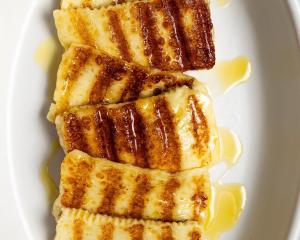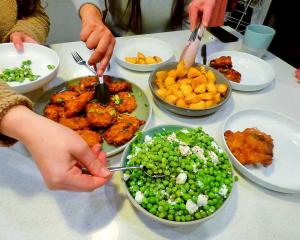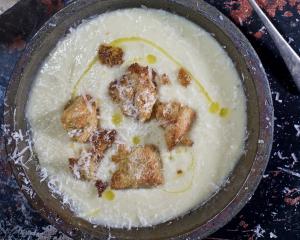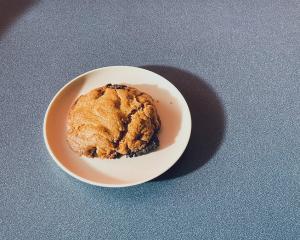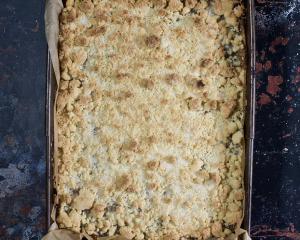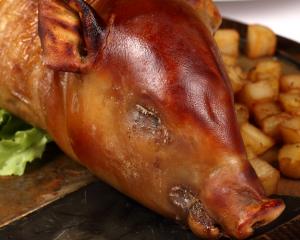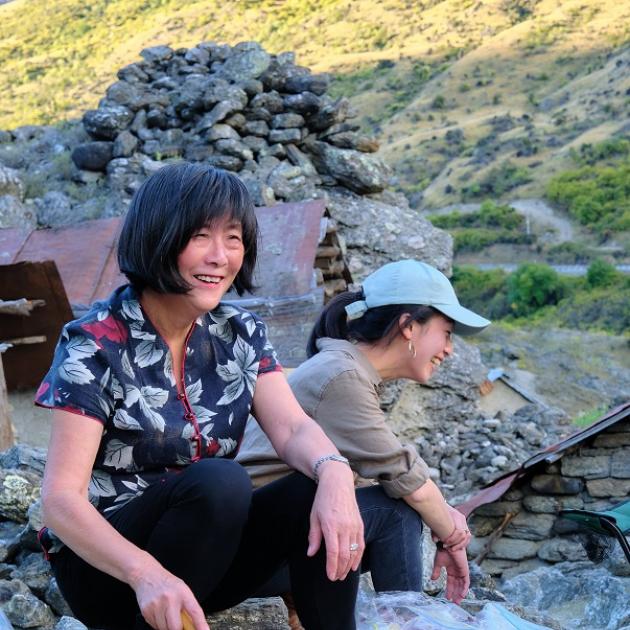
Being given a red packet on Chinese New Year has always been the most exciting thing for many Chinese children and Jean Lai was no exception.
Lai, a fourth-generation New Zealand Chinese, remembers the anticipation as inside the packet, which was given for good luck especially in education, was money and candy to wish recipients a sweet and healthy future.
"You knew whoever came to visit on that day you’d get more packets from those people. We were taught Chinese verses to say before we could accept a packet."
The money was to go toward school supplies or to put away for future education.
Having grown up in a traditional Chinese home where Chinese was the language spoken, New Year celebrations were always special and the traditions of her ancestors were followed.
"My ancestors came out back in the 1800s, the traditions that happened for us growing up are similar to overseas Asians, but slightly different in their own way."
The celebrations began a few days before New Year, which is based on the lunar calendar and this year falls on February 10. Her mother would ask them to clean their rooms and then help to clean the whole house.
"It was seen as really important."

Red, seen as a lucky colour, features throughout the celebrations with children and women wearing at least one piece of red clothing during the festivities. They also do not wash their hair at New Year.
"If you do, you are washing your wealth away, your luck away."
At the heart of the celebrations is a reunion dinner for family and close friends.
"Eating the food, the reunion is very significant. People don’t get together as they used to."
This dinner requires days of preparation and features at least eight dishes, she says.
"In Asia, Chinese New Year is up to 14 days, it’s a big celebration. People in the city go back home to celebrate with their families. Every dish has significance."
Such as the dumplings, which were said to resemble gold ingots of the early days and signify surplus and fortune, and the glutinous rice balls, which signify family reunions.
Other dishes include whole fish, which also signifies surplus and fortune, noodles, which symbolise longevity, and wontons and spring rolls signifying wealth, treasure and a fresh start. Dishes such as soup, lotus root cooked in a broth of pork spare ribs and lettuce could also be included.

Then the banquet is finished off with a sweet autogenous rice cake with sesame on it.
"When you eat it is very chewy and glutinous. It’s very important as it signifies a rise in career and salary. And there is candy signifying wealth and a sweet and happy future ahead."
Everyone sat down to eat together, even children who had been taught to use chopsticks and rice bowls for the occasion.
"It’s important not to drop your chopsticks as it’s bad luck."
And at the end of the night fireworks are set off to welcome in the new year.
It is also important on Chinese New Year to visit relatives and good friends and share good wishes and it is important to take fruit, wine or candy for the hosts.
"It is considered impolite not to take something. Oranges are a good, symbolising sweet and wholeness."
Lai can remember her mother making dumplings and preparing other dishes such as wontons and spring rolls in the days before.
She and her siblings were also taken to get new clothes to wear at New Year.
These days, Lai and her family still get together for a dinner at Chinese New Year, but not quite to the extent that her parents did. Lai continues the tradition of giving red packets to her children and grandchildren.
"I love giving them."
TO SEE:
Chinese New Year – Year of the Dragon, Lan Yuan Dunedin Chinese Garden, dragon parade from Princes St to the garden 7pm, dragon dance 7.15pm and cultural performances start 7.30pm.

